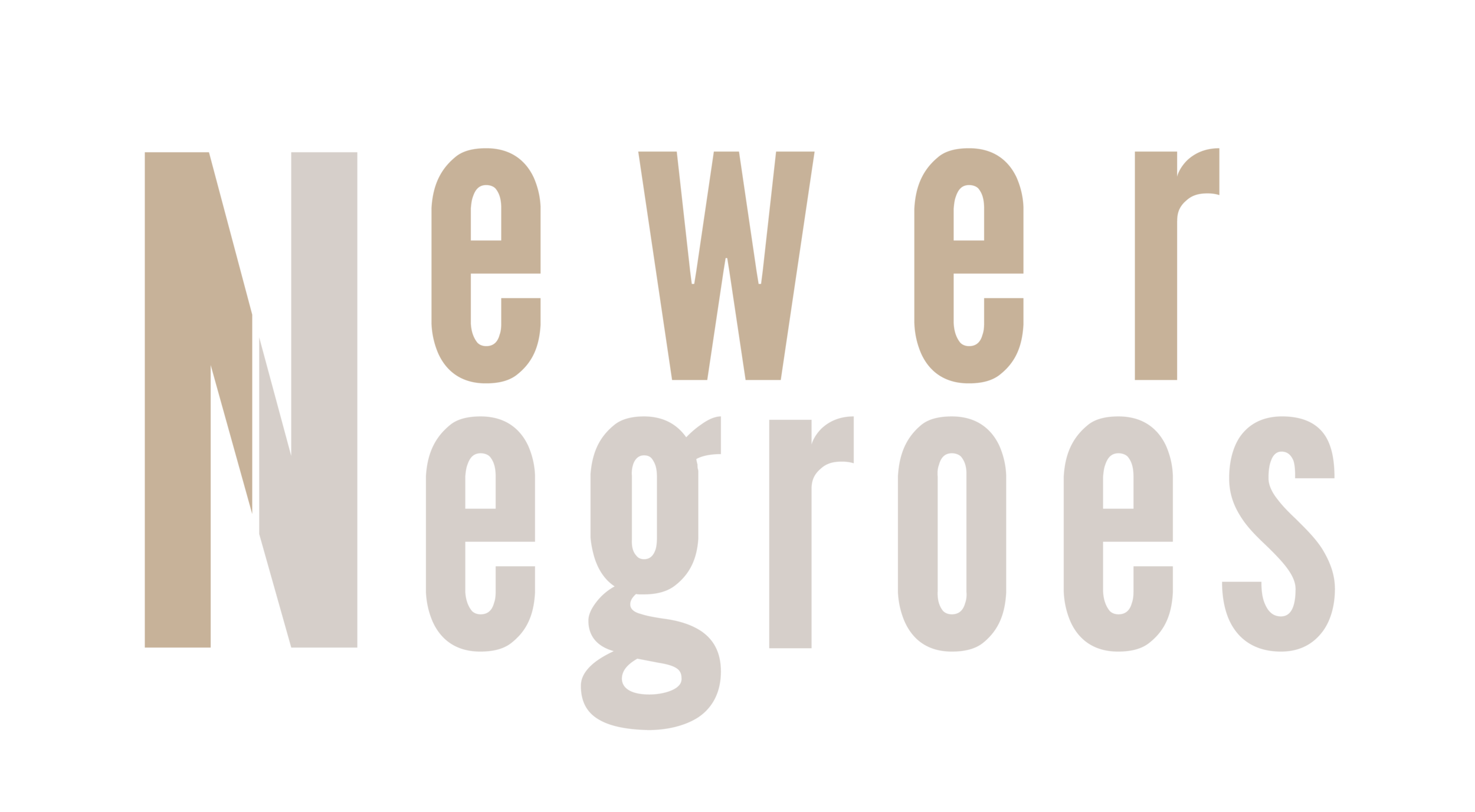An Issue Queer Black Men Are Not Talking About

The lived experiences of Black men, who have been victims to intimate partner abuse, evoke a deep dark emotion that I often cannot explain, not because our abuse is more violent or even more traumatizing than any other demographic, but because we often internalize our pain and hide our scars in silence.
My phone alerted me to a text message. I decided to stray from my normal habit of ignoring texts while working, and picked it up to read the message—“I’m so hurt right now, I’m broken, and I can’t believe what just happened to me.” These were words I was not unaccustomed to seeing; I knew what direction the conversation was heading when I inquired with my usual words of concern- “are you ok?”
I always find it important to ascertain the state of one’s well-being prior to inquiring about the details of the situation. They responded that they were, so I asked what happened...
“He punched me in my face, tried to stab me with a butcher knife, and pushed me into the wall… there’s a hole there now.”
I transitioned from concerned acquaintance to working professional who often reads, researches, and hear stories almost daily of how someone’s partner has abused them. Such was the case this past week in Chicago, where mere allegations of cheating claimed the life of 26-year-old Alphonso Guinyard.
There is no secret to maintain: Black gay and bisexual men are victims of intimate partner violence too. And compared to our cisgender female counterparts, we face a greater difficulty in accessing basic resources, platforms, and safe spaces to share our lived experiences because of an on-going battle to find acceptance within a society that already rejects many of our intersecting identities. The unjustifiable privileges society affords to us as men, encourages us to maintain a constructed wall of emotionless trauma while concurrently rejecting us as victims of our own intimate violence.
The lived experiences of Black men, who have been victims to intimate partner abuse, evoke a deep dark emotion that I often cannot explain, not because our abuse is more violent or even more traumatizing than any other demographic, but because we often internalize our pain and hide our scars in silence.
Various studies show that LGBTQ identified persons experience intimate partner violence at rates similar to or greater than their heterosexual counterparts; however, a limited number of those studies specifically highlight the challenges faced by cisgender gay and bisexual men of color in naming their experiences as victims of intimate partner abuse.
Our incessant desire to reach an invisible plateau of masculinity, intertwined with the harrowing effects of patriarchy, and our attempts to maintain a grasp onto our craving for heteronormativity, prevent many from identifying their experiences as abuse. Failing to recognize and name the abuse for what it is, imprisons us into a mental abyss that encourages us to accept the violence as love, the jealously as compassion, and the emotional neglect as an undefined form of intimacy. Although, those that are fortunate enough to possess the ability to courageously let trusted individuals into a glimpse of a shadowed part of their lives, are met with the resistance of those family and friends who too drink from the ideology that men are to hold onto pain as a temporary symptom of strength.
It is not healthy for us to continue to accept the fallacy that publicly labeling the intimate violence committed against us, and revealing the abusers for who they are, is a betrayal to the community or our intersecting struggles. For Black queer men, intimate partner violence is yet another form of a micro-aggressive oppression that poisons our collective attempt to reclaim our identities as the radical loving free-spirited men that we are or desire to become.
Saving ourselves is the foremost and simplest task we can accomplish. Moreover, saving those closest to us, those who undoubtedly will experience and interact with the very abusers that parade around us shielding themselves, is the truest form of radical self and communal love that we can perform.
If we do not begin to recognize and name the internal structures of violence within our relationships, we will continue to exist in a space where we harbor love as pain and commitment as betrayal. We owe it to ourselves to recognize and deconstruct narratives that encourage us to ignore the emotional violence we experience as a form of love; and the physical violence that wounds us as a single event. We must open ourselves to believing that true commitment does not present itself as unhealthy jealousy, coercive sexual encounters, and devaluation of platonic relationships by our lovers. It happens to us too and we must begin to open our closet doors and enter a collective space of healing. The silence is resounding and we have to let it out.
- NN -
As a community based advocate, secondary victim of Intimate Partner Violence (IPV), and undergraduate student, Sean Smith cultivated a specific focus on the effects of IPV within minority and marginalized communities. Currently Sean is employed as a Victim/Witness Specialist in the Office of the Commonwealth’s Attorney in Richmond, VA. He also serves on the Board of Directors for the Virginia Anti-Violence Project- an organization whose mission is to prevent and respond to instances of hate-biased, state-sanctioned, and intimate partner and sexual violence committed against Virginia’s LGBTQ+ communities.
Sean Smith is a graduate of Randolph-Macon College, where he earned a Bachelor of Arts in Women’s and Gender Studies and minors in Black Studies and Sociology. He is currently pursuing a Master of Public Administration with a concentration in Public and Non-Profit Management at The University of Baltimore.





